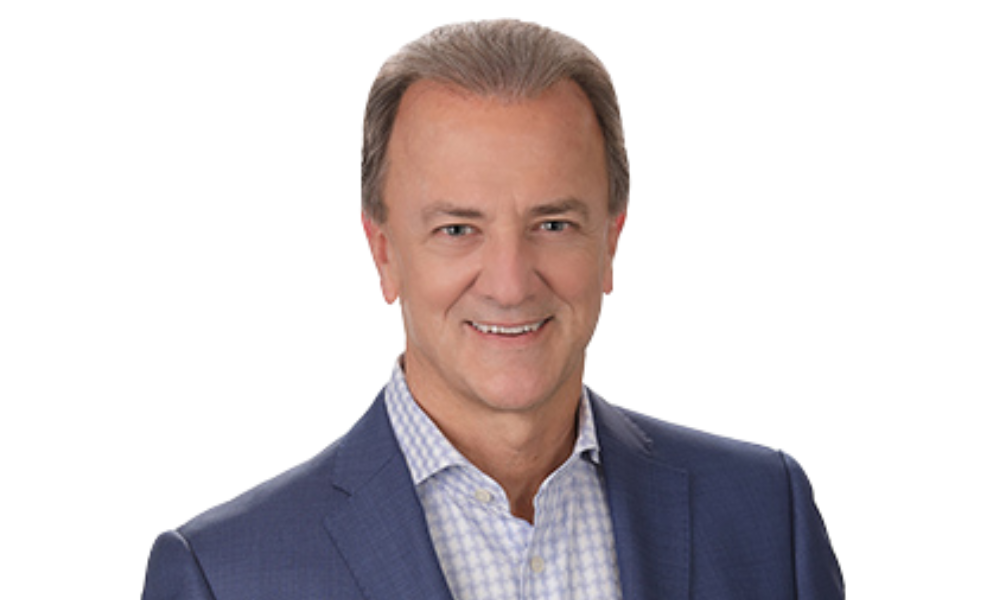Objectors want a law that lets them refuse to find willing and available doctors for the procedure

Healthcare practitioners in Ontario are asking for the provincial government’s help to change a policy that impinges on their right to not participate in assisted suicides.
Medical assistance in dying (MAID) was legalized in June last year after the Supreme Court of Canada ruled that forbidding physician-assisted death violates the Canadian Charter of Rights and Freedoms. The federal law allowing MAID does not have any provisions requiring healthcare practitioners to get involved.
However, Inside Toronto reports that a College of Physicians and Surgeons of Ontario policy requires practitioners opposed to the practice to provide an effective referral to another physician, nurse practitioner, or agency that is non-objecting, available, and accessible. Those refusing to adhere to this policy can face disciplinary measures.
Members of the Coalition for HealthCARE and Conscience are asking the Ontario government for protection. Ontario is in its third reading of Bill 84, which will govern MAID laws throughout the province. In its present form, the bill has no provision that explicitly protects those who conscientiously object to the practice.
“If I were to make a referral and directly be responsible for engaging a patient in a process which has the potential to lead to their life being ended, that to me is a form of active participation in the act of ending a life,” said Scarborough palliative care physician Natalia Novosedlik, a member of the coalition.
Novosedlik has been actively campaigning in Toronto, particularly in Scarborough. Speaking at churches, she’s asking people to write their MPPs to amend Bill 84 so it would protect doctors.
Helen McGee, a registered nurse who cares for people with mental illness at Scarborough, is worried about MAID’s possible impact on her patients. Currently, those suffering from mental illness and another illness, such as cancer, are eligible for MAID, but she is concerned that laws could change so that even those with mental illness alone would be qualified.
The two practitioners argue that lack of funding for palliative and mental health care is making the services inaccessible, which could be contributing to many MAID requests.
Related stories:
Medically-assisted deaths could save Canada millions in healthcare
Number of doctor-assisted deaths since mid-June reaches 120, likely more
Medical assistance in dying (MAID) was legalized in June last year after the Supreme Court of Canada ruled that forbidding physician-assisted death violates the Canadian Charter of Rights and Freedoms. The federal law allowing MAID does not have any provisions requiring healthcare practitioners to get involved.
However, Inside Toronto reports that a College of Physicians and Surgeons of Ontario policy requires practitioners opposed to the practice to provide an effective referral to another physician, nurse practitioner, or agency that is non-objecting, available, and accessible. Those refusing to adhere to this policy can face disciplinary measures.
Members of the Coalition for HealthCARE and Conscience are asking the Ontario government for protection. Ontario is in its third reading of Bill 84, which will govern MAID laws throughout the province. In its present form, the bill has no provision that explicitly protects those who conscientiously object to the practice.
“If I were to make a referral and directly be responsible for engaging a patient in a process which has the potential to lead to their life being ended, that to me is a form of active participation in the act of ending a life,” said Scarborough palliative care physician Natalia Novosedlik, a member of the coalition.
Novosedlik has been actively campaigning in Toronto, particularly in Scarborough. Speaking at churches, she’s asking people to write their MPPs to amend Bill 84 so it would protect doctors.
Helen McGee, a registered nurse who cares for people with mental illness at Scarborough, is worried about MAID’s possible impact on her patients. Currently, those suffering from mental illness and another illness, such as cancer, are eligible for MAID, but she is concerned that laws could change so that even those with mental illness alone would be qualified.
The two practitioners argue that lack of funding for palliative and mental health care is making the services inaccessible, which could be contributing to many MAID requests.
Related stories:
Medically-assisted deaths could save Canada millions in healthcare
Number of doctor-assisted deaths since mid-June reaches 120, likely more



